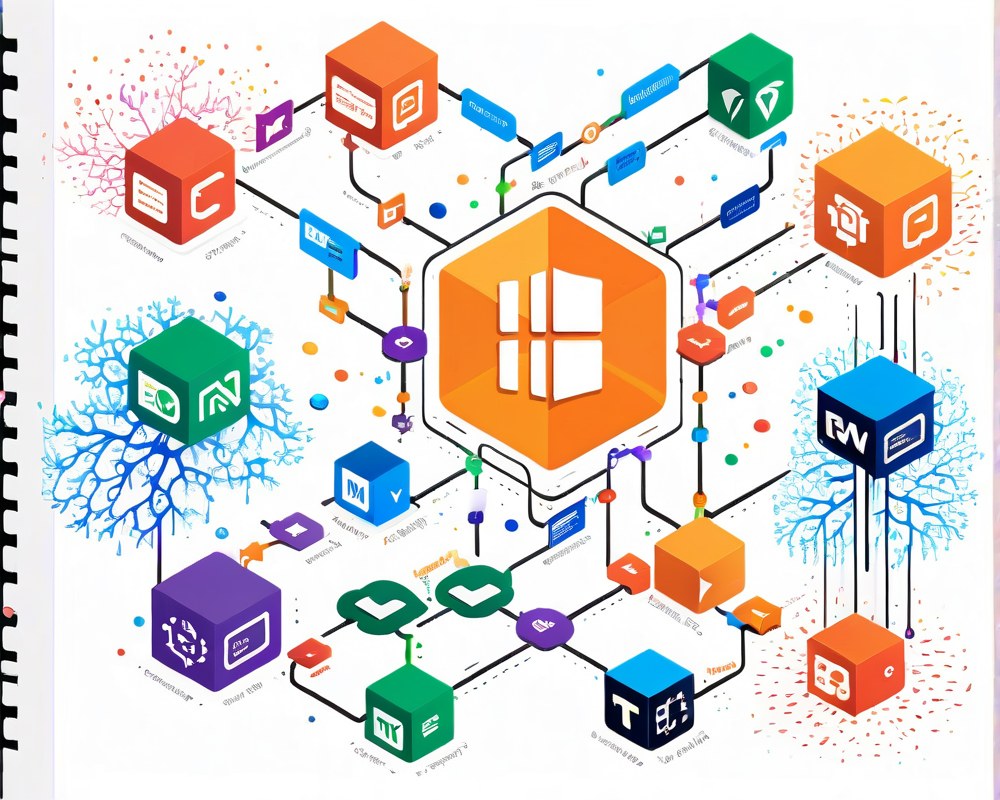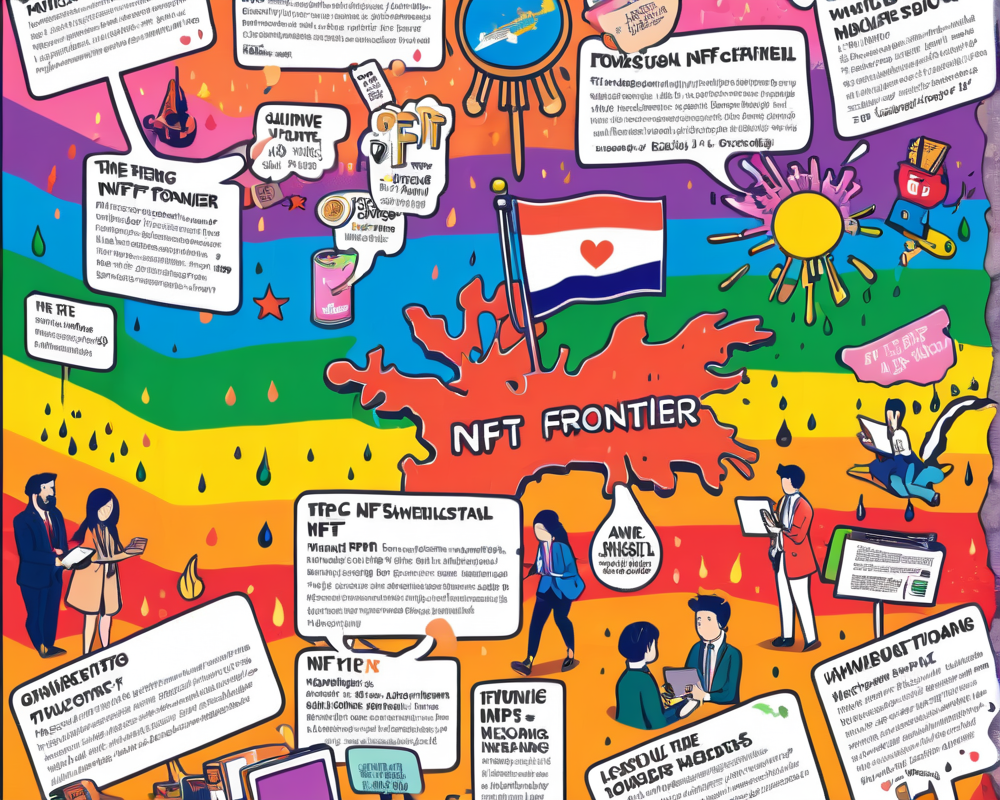The Blockchain Voting Debate
As the contemporary landscape of voting continues to evolve, the integration of internet and blockchain technologies has sparked a lively debate. However, a team of researchers from the Massachusetts Institute of Technology (MIT) argues we’re not quite ready to turn elections into a digital free-for-all.
Blockchain: A Risky Proposition
The MIT cybersecurity team, led by the brilliant minds of Sunoo Park, Michael Specter, Neha Narula, and Ronald L. Rivest, raises a crucial red flag. They assert that while blockchain technology may promise innovation, it comes with a string of potential pitfalls. Their report concluded that blockchain is “unsuitable for political elections for the foreseeable future.”
The Irreversible Damage of Election Tampering
Unlike bouncing back from a bad stocks investment, a compromised election doesn’t come with reimbursement plans. As Rivest noted, “For elections there can be no insurance or recourse against a failure of democracy.” In short, if a hacker manages to skew the votes, there’s no way to make it right.
- Ballot Secrecy Issues: Blockchain’s traceability means that the privacy of voters can be jeopardized.
- Potential for Large-Scale Tampering: With a single point of attack, millions of votes could theoretically be altered.
Hacking: The New Voting Method?
When it comes to elections, the stakes are sky-high. A breach in a financial network might be recoverable; however, an electoral mishap could lead to a complete do-over. Rivest put it bluntly: “I haven’t yet seen a blockchain system that I would trust with a county-fair jellybean count, much less a presidential election.” That’s right, folks—your jellybean guessing contest is potentially more secure than your vote!
Lessons from Global Experiments
Others have also stumbled through the blockchain voting maze. Russia’s attempt during Putin’s term limit illustrates that “secrecy” isn’t guaranteed. It turned out third parties could crack the code before official results emerged. Sounds like a recipe for electoral chaos, doesn’t it?
The Future of Voting
The conclusion is straightforward: while blockchain technologies may be the shiny new toy on the tech block, they’re not ready to take on the weighty responsibility of determining democratic outcomes. The team advocates for tried-and-true methods, like in-person voting and mail-in ballots, which, for all their flaws, still provide a framework for a relatively secure electoral process.
As we continue to discuss and debate the future of our voting systems, it’s critical to base decisions on rigorous research, not just tech trends. The integrity of our democracy depends on it—after all, a hack today could leave our future elections in dire straits.




